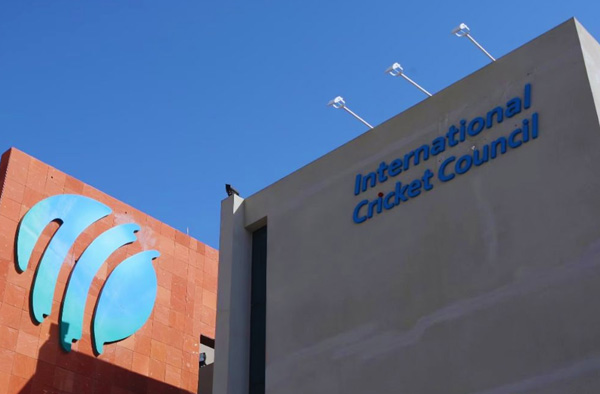The ICC Annual Conference 2025 is scheduled to take place from July 17 to 20 in Singapore, and it arrives at a pivotal time for global cricket — particularly in the realms of governance and the future of women’s cricket.
Not only does the conference bear the weight of recent regional hostilities, notably the Pahalgam attacks and India–Pakistan diplomatic tensions, but it also holds promise for transformative decisions aimed at inclusivity, innovation, and global participation.

Navigating Uncertainty: India–Pakistan Relations Under the Spotlight
In the lead-up to the conference, much of the cricketing discourse has been consumed by the strained relations between India and Pakistan. Amid rumours of India’s potential withdrawal from the Asia Cup, the BCCI has categorically denied any formal disengagement with Pakistan.
Still, the tension remains. Administrators are now grappling with two key questions:
-
Will geopolitics overshadow the cricketing agenda?
-
Or can this AGM serve as a platform for diplomacy and bridge-building through sport?
Leadership Shift: Jay Shah’s Inclusive Vision
The 2025 Conference marks the debut of Jay Shah as ICC Chair, and his tenure begins with a powerful gesture: the creation of a dedicated task force to support displaced Afghan women cricketers.
In a world where cricket often mirrors social change, Shah’s initiative signals a bold new direction for the game — one that champions inclusion, compassion, and cross-border solidarity. This move is not just symbolic; it offers hope and visibility to women athletes displaced by conflict and systemic barriers.
Crucial Reforms on the Table
This year’s conference is also expected to bring technical and structural reforms into sharp focus. Notable among them:
-
Phasing out the two-ball rule in ODIs, a decision that could reshape the rhythm of both men’s and women’s matches.
-
A proposal to convert the U-19 World Cup to a T20 format, injecting youth cricket with energy and aligning with the explosive popularity of the T20 game — particularly in women’s cricket.
A special working group is expected to be formed during the Singapore summit to evaluate these changes. The outcome will have a lasting impact on the sport’s competitiveness and appeal.
Governance Spotlight: Associate Nations Seek Representation
Democracy within the ICC will also take centre stage, with elections for the Associate Members’ representatives to the Chief Executives’ Committee (CEC).
A 45-member electoral college will vote between:
-
Rashpal Bajwa (Canada)
-
Umair Butt (Denmark)
-
Sumod Damodar (Botswana)
For emerging women’s teams, particularly from Associate nations, these leaders are crucial advocates for funding, infrastructure, and grassroots growth.
Women’s Cricket: At the Heart of the Future
The Singapore AGM isn’t just about policy — it’s about potential. It presents a real opportunity to push women’s cricket into its next era of visibility, investment, and equality.
From supporting Afghan women athletes, to expanding youth opportunities, to reshaping formats, the decisions made here could shape the global women’s game for the next decade.
Looking Ahead: A Conference with Global Implications
As the cricketing world watches, the 2025 ICC Annual Conference stands poised to deliver more than administrative updates. It could offer hope, unity, and a new blueprint for the sport — especially for women’s cricket.
In an era where cricket must evolve to remain global and inclusive, this summit in Singapore has the potential to become a landmark in the sport’s history.
Source: CricBuzz
